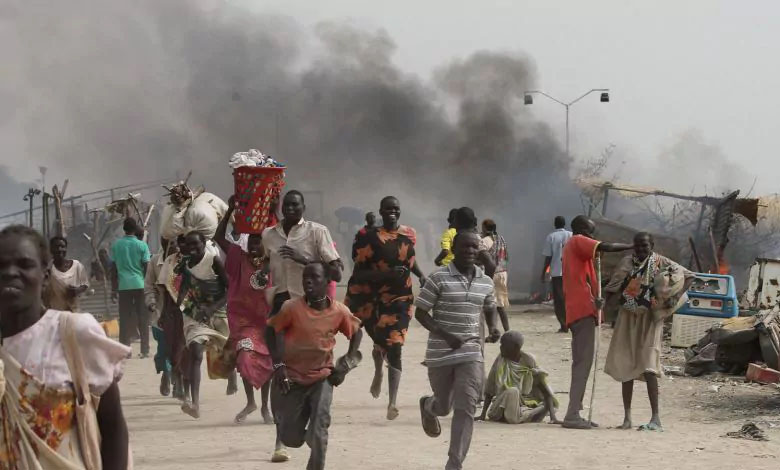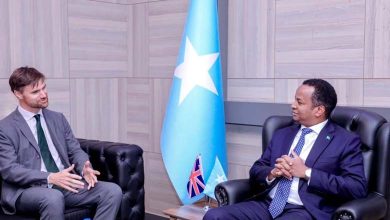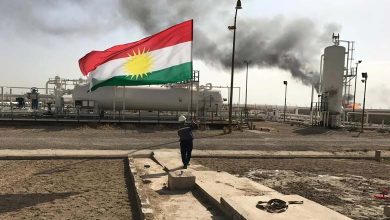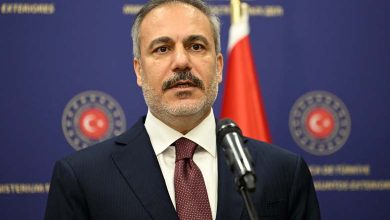How does the fighting in Sudan contribute to the exacerbation of the global displacement crisis?

This time in Sudan, since the armed conflict between the Sudanese Armed Forces (SAF) and the paramilitary Rapid Support Forces (RSF) broke out in mid-April, hundreds of thousands have been displaced, both within the country’s borders and into neighboring countries.
Open borders
Rolla Amin, spokesperson for the UN Refugee Agency (UNHCR) Regional Office for the Middle East and North Africa, believes the best and most effective way to stop the growth of these numbers is to end the conflict and resolve the conflict through negotiations.
“Neighboring countries, including Egypt, Libya, Chad, Ethiopia, the Central African Republic and Eritrea, can help the people of Sudan by keeping their borders open to people fleeing conflict, as is now the case”, she said.
“People who flee in search of protection should be able to access territory regardless of how they arrive, as neighboring countries can help by hosting people crossing borders and ensuring they receive support and access to services.”
In order for host countries to successfully shoulder this responsibility, Amin stressed the need for the international community to provide support.
Challenges for Neighboring Countries
“Dr. Sonia Bin Jaafar, CEO of the UAE-based Abdullah Al Gharir Foundation, said that while many countries around the world are making changes to accommodate displaced communities, the influx of refugees is placing significant economic and social pressures on host countries.”
“Lebanon and Jordan have faced particular challenges in providing basic services, such as housing, health care, education and job opportunities for both their populations and large numbers of mostly Syrian and Palestinian refugees, she said.”
“Insufficient financial support from the international community could limit the capacity of countries like Lebanon and Jordan and exacerbate tensions within host communities; This leads to more challenges and potential instability.”
She stressed the need for intensified and coordinated efforts to strengthen regional and international partnerships that could “facilitate burden-sharing and the harmonization of humanitarian efforts”.
Without a sustainable resolution of the conflict through diplomatic efforts, which Sudan lacks today, prolonged displacement is inevitable.
Until recently, Sudan was home to the second-largest refugee population in Africa, with more than a million displaced from South Sudan, Eritrea, Syria, Ethiopia, the Central African Republic, Chad and Yemen.












